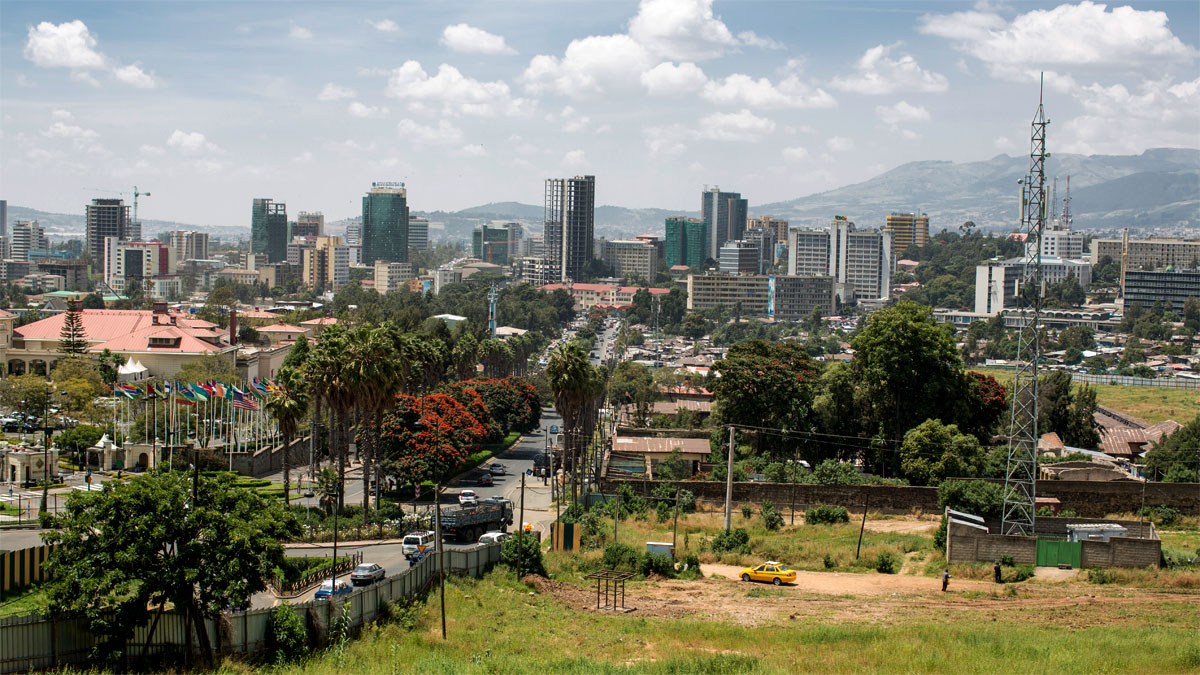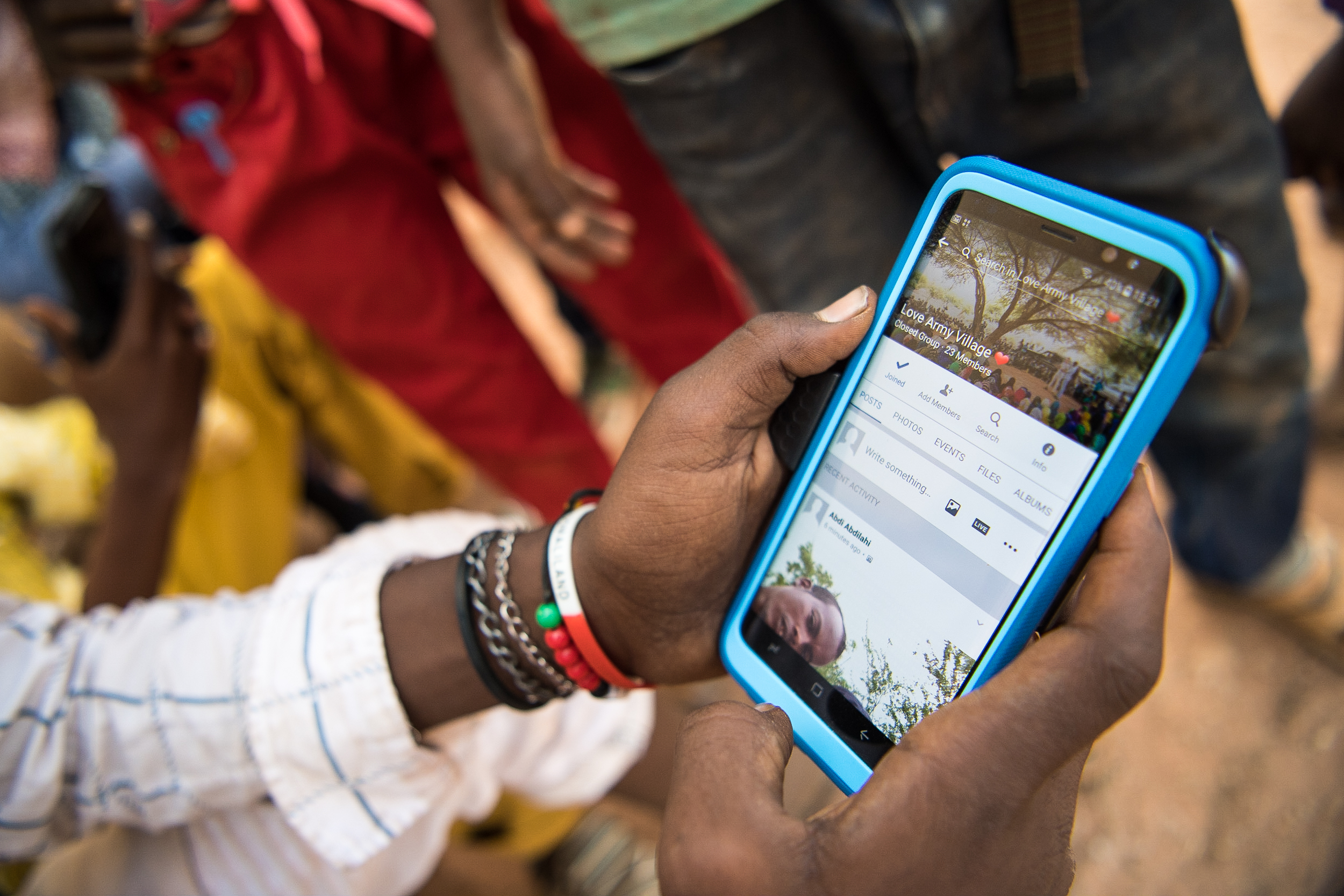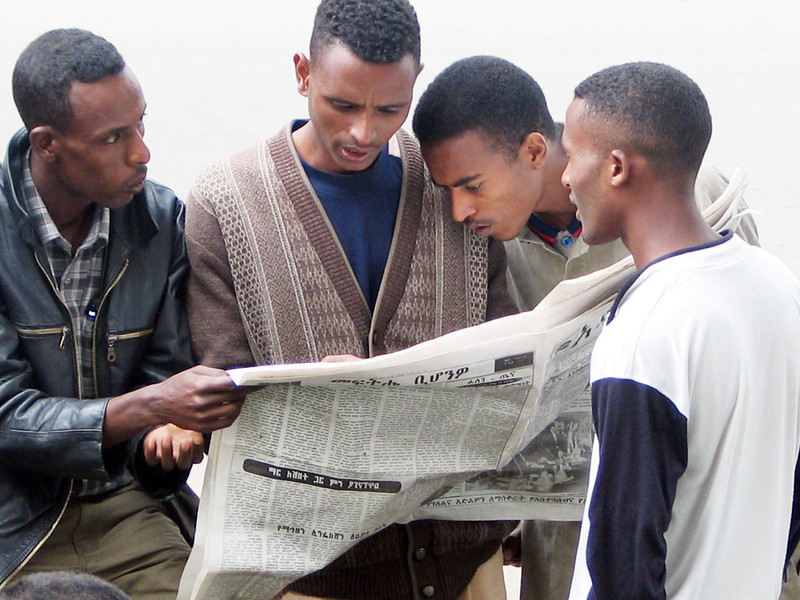We are excited to announce that Brink is now part of Africa Practice. Learn more
Regional elections took place in Tigray – one of Ethiopia’s ten ethno-linguistic regional states – on 9 September against a backdrop of heightened political tensions and several months of violence in different parts of the country. The poll for the 190-seat regional parliament was held in defiance of Prime Minister Abiy Ahmed’s federal government, which indefinitely (and controversially) postponed all elections due to COVID-19.
The country was due to hold its general election – the first since reformist Abiy came to power in early 2018 – on 29 August. Instead, the poll, the ultimate litmus test for the public’s trust in the prime minister, is expected to take place within the next year. Meanwhile, Abiy’s visionary reformist agenda – exemplified by the quest for political and economic liberalisation – is under increasing strain and scrutiny.
TPLF spearheading Abiy’s opposition
The Tigray People’s Liberation Front (TPLF) won 98.2% of the vote, or all seats that were obtainable, with the remainder to be allocated following negotiations with four minority parties. A former central constituent of the now defunct Ethiopian People’s Revolutionary Democratic Front (EPRDF), the TPLF has since the ruling coalition’s dissolution by Abiy emerged as the country’s de facto opposition, mounting a serious challenge to the prime minister’s authority. Its popularity in Tigray is overwhelming – voter turnout was 97%. To many, the TPLF represents Ethiopia’s status quo before Abiy and the vested interests entrenched in that.
The Tigray polls thus marked a high point in tensions between the TPLF and Abiy and his Prosperity Party (PP), the EPRDF’s successor. The election had been declared unconstitutional by the House of the Federation, the country’s upper chamber, and followed repeated warnings from Abiy that action would be taken in retaliation, though the prime minister had ruled out military intervention or budget cuts. It is unclear how Abiy will manage to delegitimise the poll’s outcome. Hardline, retaliatory action by the federal government in response to the poll is unlikely and would spark a constitutional crisis, potentially provoking Tigrayan leaders to trigger constitutional secession clauses. This would have grave implications and fuel renewed tensions between Tigray and the neighbouring Amhara regional state over land.
Tigrayan leaders’ decision to push ahead with the poll constitutes the starkest challenge to Abiy’s authority to date. A firm rejection of his legitimacy, they also question the extension of his mandate, which was approved by parliament in June. The TPLF has positioned itself as the guarantor of democratic rights and distanced itself from what it perceives as a power-hungry federal government that has increasingly excluded Tigray from the political process.
Stoking federal-unitary tensions
In the aftermath of the Tigray vote, even if it was not marked by federal interference or violence, Ethiopia finds itself at a crossroads. The country is split between pro-unitary and pro-federalist factions as Abiy battles on numerous fronts to implement his ambitious political and economic reforms.
While Tigray represents the most vocal region in Ethiopia – with the TPLF an outlier, having seen its fortunes reversed following decades at the helm of the country – its unilateral decision to organise elections could spur similar action from other regions or even ethnic groups opposed to Abiy’s vision. The Sidama people already held a referendum for the creation of a Sidama Region in November 2019, establishing Ethiopia’s tenth semi-autonomous region.
Other groups appear increasingly prone to seek greater autonomy from the federal government. A domino effect sparked by increasingly assertive groups could pose a threat to the wider stability of the country. Opposition forces are coalescing within Abiy’s own Oromo ethnic group, some members of which view him as betraying community allegiances at the expense of his pan-Ethiopian project. The fatal shooting of Oromo singer-activist Hachalu Hundessa in June saw anti-Abiy sentiment among the Oromo people increase. Hachalu was known for playing a key role in inspiring the protests by the Qeerroo youth group which assisted Prime Minister Abiy in assuming power in 2018.
Outlook
The immediate threat to Ethiopia’s unity, however, remains limited. In Tigray, the secessionist Tigray Independence Party and the National Congress Of Great Tigray (Baytona) – a nationalist party pushing for Ethiopia to adopt a confederation model based on independent states – secured minor shares of the region’s ballot. Cumulatively, the two parties won fewer than 40,000 votes out of 2.6 million registered voters.
The TPLF’s landslide victory does embolden it to become more assertive vis-à-vis the federal government in demanding its political interests are safeguarded at the national level. These demands can easily resonate elsewhere in the country. The July arrest of Abiy’s most vocal opponent, Oromo Federalist Congress (OFC) leader Jawar Mohammed, has already exacerbated grievances regarding political and economic marginalisation of the prime minister’s own ethnic group, the Oromo. Jawar was arrested during clashes with federal security forces over the body of Hachalu. His trial could begin within a week, opening up further avenues for criticism of Abiy for quashing dissent and undermining different groups’ self-determination aspirations.
The power struggle between Abiy and an increasing number of opponents is unlikely to be resolved soon given their deeply entrenched positions and largely incompatible interests. This is bound to maintain the precariousness of the current political situation in Ethiopia, especially in the absence of a national dialogue that seeks to build consensus. What it will also create is an increasingly competitive, potentially multi-polar, political sphere that can form the foundation of a true democratic process. While the potential 2021 elections – and much turbulence can take place until then – are unlikely to be exemplary of such a process, Ethiopia is on what appears to be an irreversible course towards political reconfiguration.
About the author:
Elliott O’Carroll is a Consultant at Africa Practice specialising in Francophone Africa.
Proud to be BCorp. We are part of the global movement for an inclusive, equitable, and regenerative economic system. Learn more



